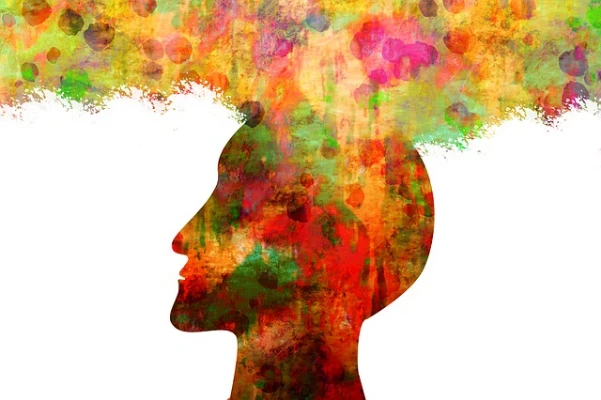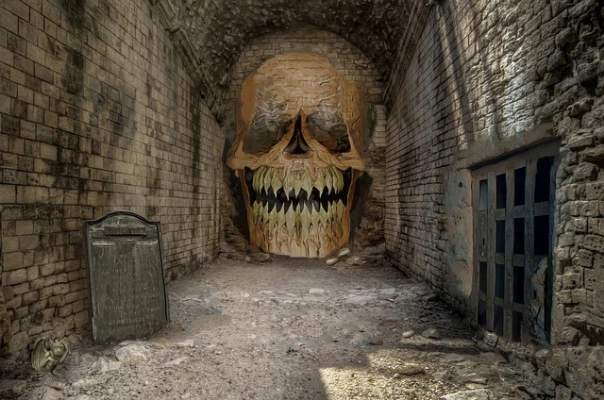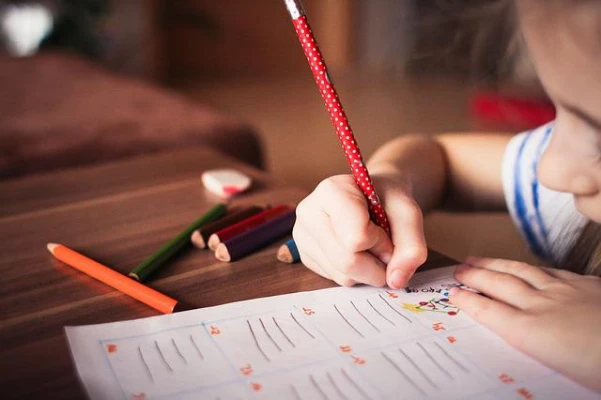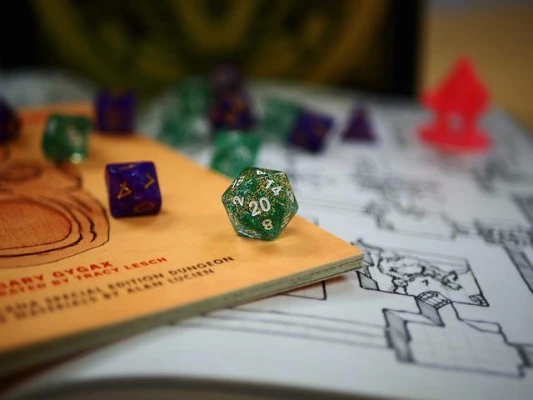How to Make Good D&D NPCs
Some tips on how to create rich and memorable NPCs
Non-player characters (NPC) are one of the most important parts of your D&D game, if not the most. They are responsible for bringing life to your world. Their actions define everything that is happening around the main characters.
A game with NPCs that are too simple, shallow or just plain boring results in less involvement by the players and even less fun. On the other hand, rich, complex and interesting NPCs can be part of memorable moments for your players to talk about for a long time.
So how do you make a good D&D NPC? Keep reading and you'll get tips on how to develop your characters, different examples and some ideas and inspirations.
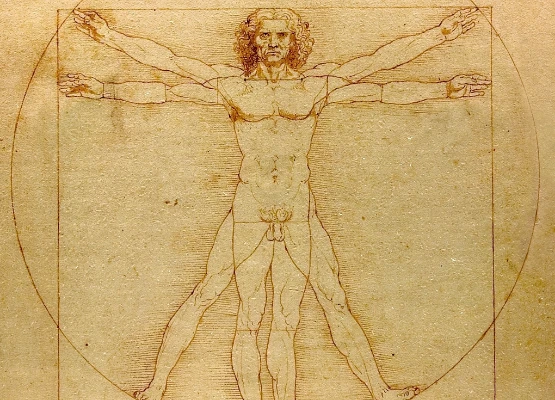
Remember to prioritize
Not every character has the same importance in the game. So don't feel as if you have to spend equal time or energy in each NPC along the way. It is important they have personality, goals, but not all of them need a very well thought of backstory.
Just as it happens in real-life encounters, the first thing we notice on a person are their physical traits and mannerisms. How they look, the way the walk, their accent, special details that the players would notice at first sight, as well as the values, what stands out in their personality and so on. Keeping this in mind will help you make good NPCs.
Leave rich backstories and more details to the most important NPCs, the ones involved in important parts of the players journey, and whose actions and conversations may change things considerably.
Also, don't forget that improvisation is part of the game and not all of it has to be planned in advance. It helps when you have some inspiration.
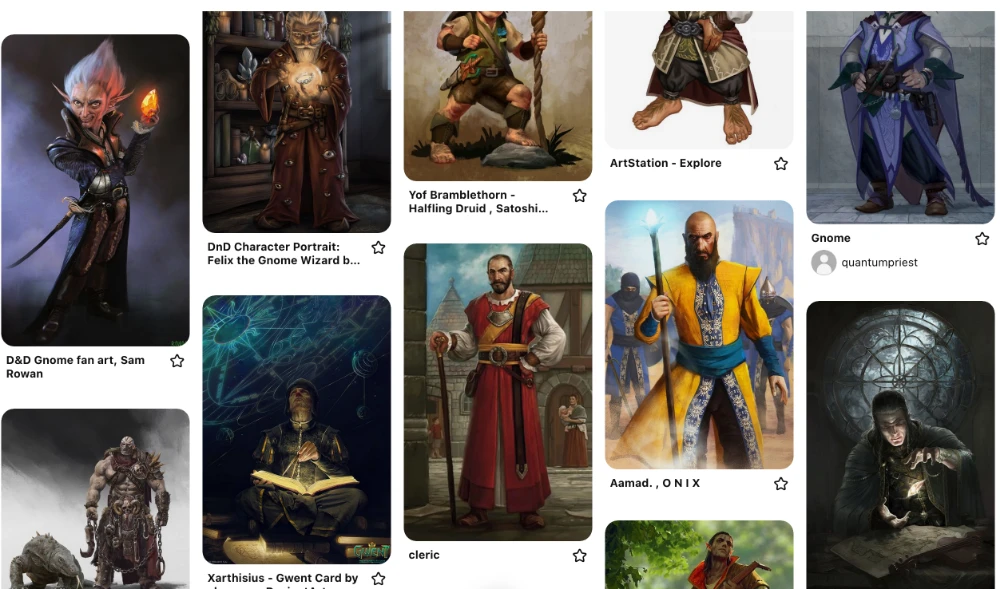
Act it out, but on your own terms
If you are a Big Bang Theory fan, you'll remember Howard's performance as a DM, creating NPCs that talked like famous people. Sheldon was impressed. But you don't have to be a great impersonator to give life to good NPCs. If voices, gestures or accents are easy for you, they do give a special something to the interaction. Props are also welcome.

If you don't feel your acting abilities are good enough or you just don't like this sort of performance, you may consider using a manner of speech that relates to the character (if he has a speech problem or doesn't pronounce some words correctly). You can also explain vividly (and with very small and shy gestures) the traits of the NPC. In order to make a good NPC, it has to be unique, believable as an individual.
Always think of the motivations
Everybody wants something out of encounters. Some motivations are nobler, bigger, more interesting than others, but they always exist. Does the NPC need money? Company? Information? Are they seeking revenge?
Thinking about the motivation will also help build the character. If they need money, why is that? If they seek revenge, on whom? All of that gives depth to the NPC.
Remember we can always help with our NPC generator.
Consider the place and time
Just as people reflect the historical period they live in and the place they inhabit, applying this to the characters helps make good NPCs. Try to think of how the city or village or region the character lives in reflects on it's personality and actions.
If they live in a village surrounded by mountains, for instance, they could be more introspective. If the city has been through many wars in the last centuries, people can be more worried about money or food supplies. Characters that live by forests and woods may have special knowledge of medicinal plants, natural treatments, etc.
The context helps us to make good NPCs. The opposite is also true: good characters help us portray the place and time they live in.
Now, a checklist
To help you organize all we´ve talked about, here are some questions you can ask yourself throughout the process:
- A basic description: What do they look like? What is the first impression they cause?
- A distinguished characteristic: What sets them apart from the other NPCs?
- Where do they live? What do they do?
- Purpose: How is this NPC moving the story forward?
- Secrets or rumors: What do they know about what's happening?
Now that you've seen some tips on how to make good D&D NPCs, your games will be even better! How about getting inspired with some background music to create the perfect mood for your game?
